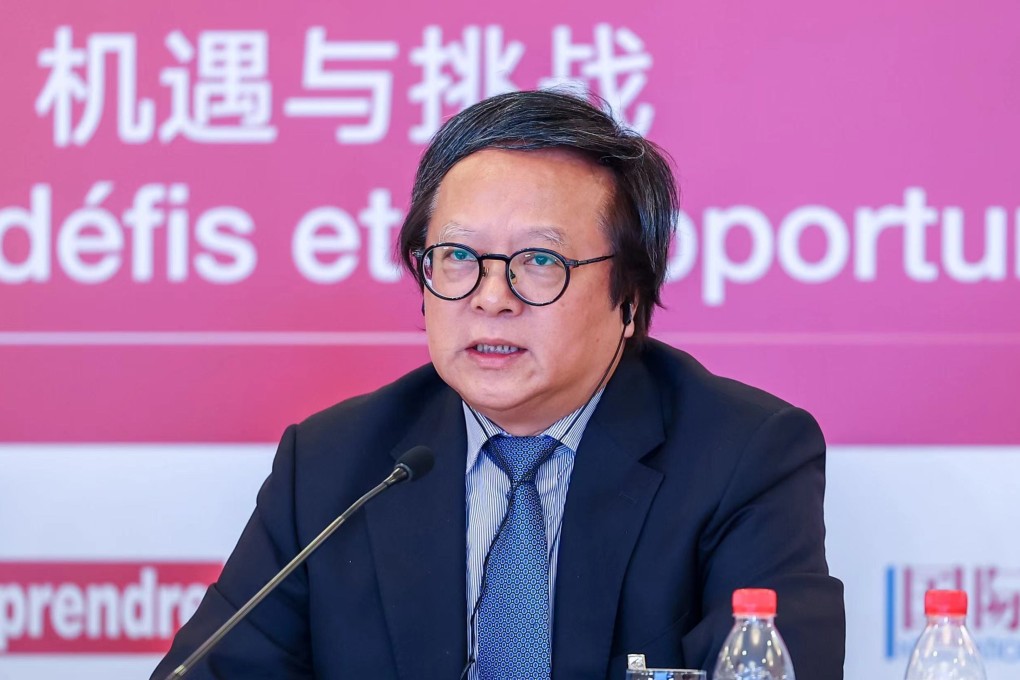Former NDRC official calls for improved dialogue between China and the West
- Xu Lin said Western tariffs on Chinese exports could speed up ‘process of clearing up overcapacity in China’, meaning ‘survival of fittest’

Beijing needs to engage with the West on the question of overcapacity in the new-energy sector and should not rush to impose countermeasures as a substitute for dialogue, a prominent former official has suggested while also recommending cooperation between Beijing and Washington in the green economy despite ongoing frictions.
Xu Lin, formerly in charge of fiscal and financial affairs at the National Development and Reform Commission (NDRC), told the Post earlier this month that a level of excess capacity in China’s new-energy sector is a “natural result” of competition, and that the country need not rush to retaliate against restrictive measures imposed by the West.
“On the contrary, even as Washington ramps up actions with 100 per cent tariffs, I don’t think Beijing should respond with its own punitive duties,” he said. “It still needs candid dialogue with the West.”
While admitting that overcapacity has become endemic in China’s sprawling new-energy sector, Xu argued that China is not “deliberately” exporting overcapacity. Instead, he said, some certain level of excessive output emerged in serving the international market and is a natural result of competition amid market dynamism.
“Production capacity formation is driven by both domestic and international markets. It is not that there is excess capacity first and then China seeks to export it,” said the 64-year-old Xu, now chairman of the China-US Green Fund.
He stressed that this is not the first time the West has accused China of exporting excessive capacity. And the ultimate reason behind the recent accusations, in his view, is that Chinese products – ranging from wind and solar power equipment, to energy storage batteries and EVs – are competitive enough in terms of quality, innovation and price.
